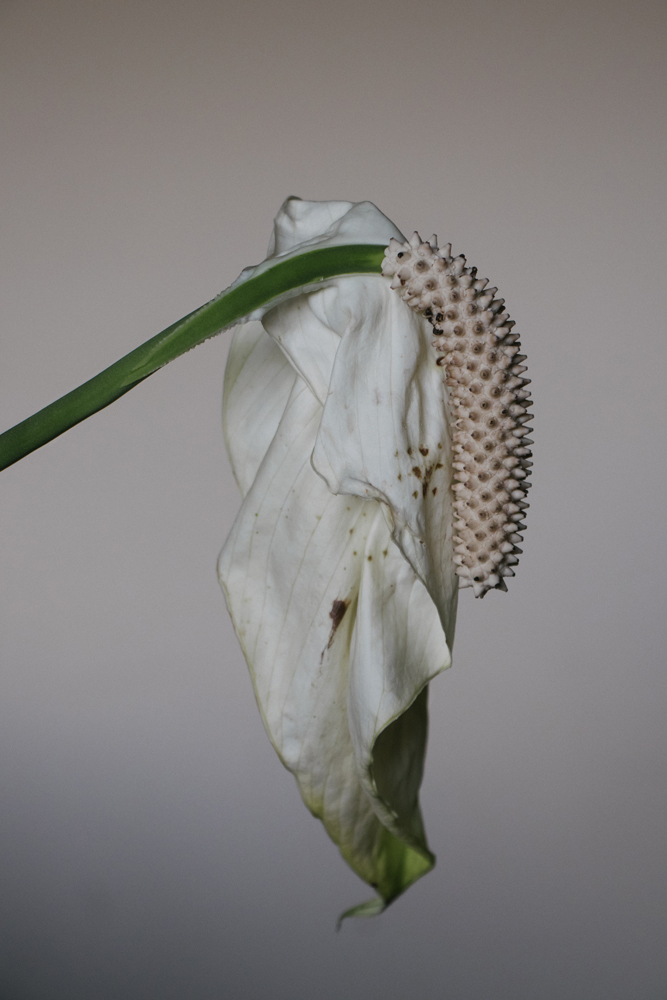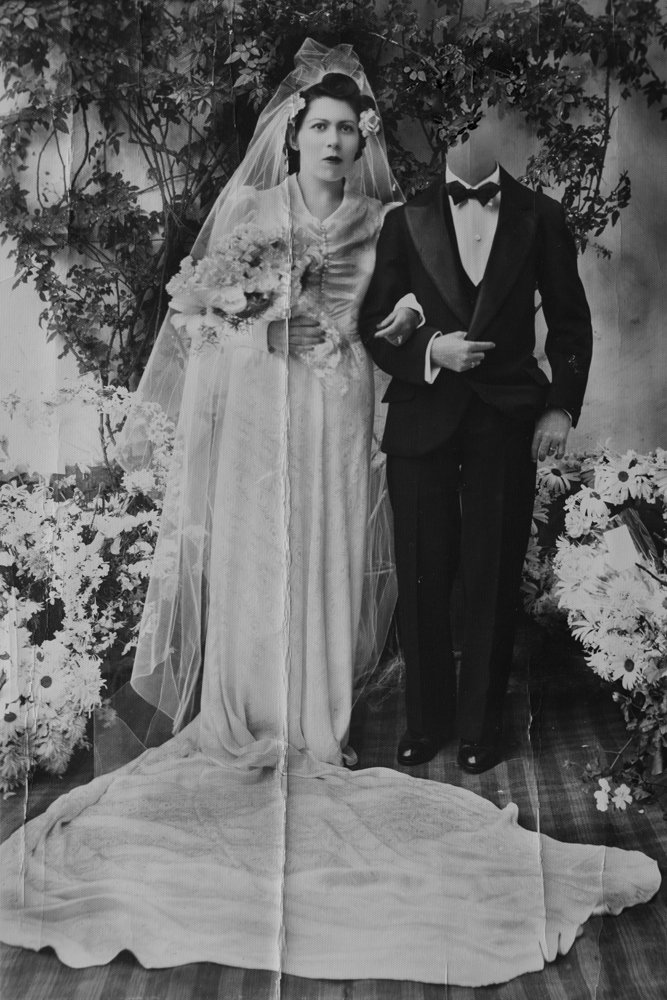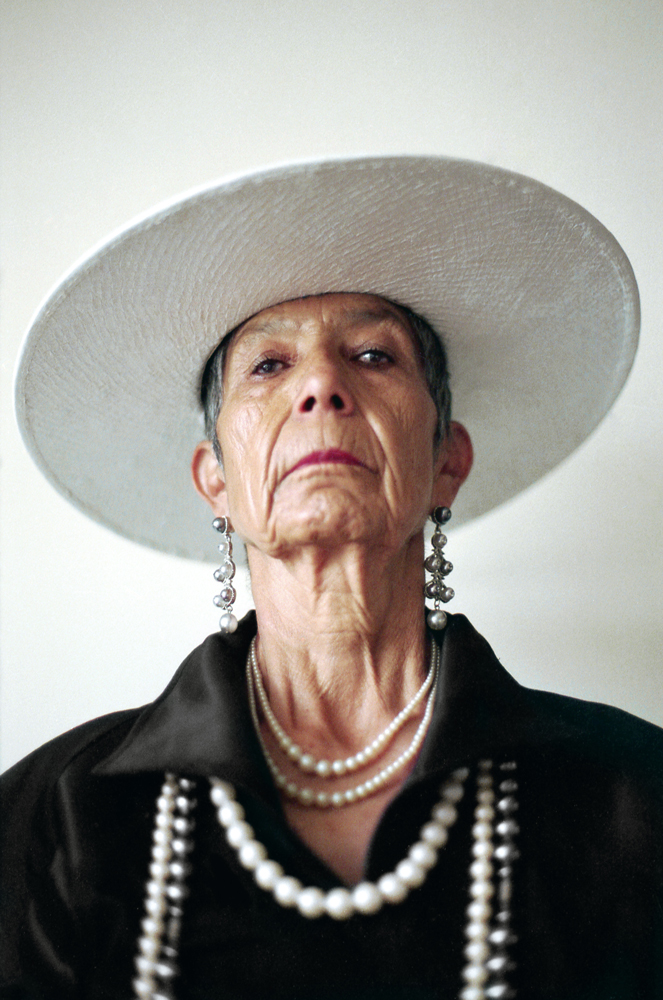
February’s featured photographer is Marisol Mendez
Marisol Mendez (1991) uses her camera to study the tension between truth and fiction, the tight relationship between what a photograph creates and the surreal it comes from. Unconcerned with image hierarchies, she combines lo-fi procedures with sophisticated photographic techniques to explore the dynamics between immediacy and intimacy, memory and identity.
Marisol received a BA in Audiovisual Communication at Universidad de Palermo, Buenos Aires and a Masters in Fashion Photography at the University of the Arts, London. She has exhibited across Europe, Argentina and Bolivia and her work has been featured internationally including in The British Journal of Photography, Paper Journal and Balam.
She was selected as the PHmuseum 2021 Photography Grant New Generation Prize winner and was one of last year’s recipients of the Michael Reichmann’s Project Grant awarded by Photo Lucida.
MADRE (Mother)
Although Bolivia is a pluri-cultural country with a rich loom of femininity, the representation of women remains whitewashed and phallocentric. To this day, Catholicism and class struggles permeate our understanding of womanhood with Catholic dogmas reinforcing society’s Madonna-Whore complex and inequality manifesting as the under and misrepresentation of indigenous and mestizo women. MADRE was conceived to challenge this embedded machismo and celebrate the diversity and complexity of my culture through the portrayal of its women. The project became a cathartic experience that allowed me to (re)connect to my female lineage and through it (re)invent the history of Bolivia.
In the series, family photos act as windows to the past but are deconstructed to subvert meaning and add layers of symbolism. In the portraits, women are depicted as multiple confronted versions of Mary Magdalene and the Virgin Mary but repossessed to reflect Andean traditions. Piecing together past memories and current observations the project explores the influence of race and religion in shaping the perception and representation of Bolivian women.
Situated between documentary and fiction, the images describe an existence interconnected by physical and mythological elements, a dance between the Hanan Pacha (the upper world in Incan mythology) and the Uku Pacha (the under or inner world) where women experience potentiality, change, loss, decline, and death.






To see more Marisol’s works, here
La fotógrafa del mes de febrero es Marisol Mendez
La práctica artística de Marisol Mendez dramatiza el artificio del medio fotográfico, desentrañando las tensiones subyacentes a los binarios pasado y presente, verdad y ficción, cándido y escenificado, natural y mítico. Su trabajo cuestiona las narrativas hegemónicas y las confronta con la fricción de lo heterogéneo.
Marisol ha participado en varias exhibiciones entre las que destacan Athens Photo Festival, Getxophoto y Format Festival. Su trabajo ha sido publicado por plataformas como The British Journal of Photography, Paper Journal, Balam y GUP Magazine.
A lo largo de su práctica ha recibido varios premios, entre los que se encuentran el PHmuseum Photography Grant New Generation Prize, Vogue’s Fashion 100, Bird in Flight y Michael Reichmann’s Project Grant otorgado por Photo Lucida.
MADRE
MADRE desafía la mirada machista y clasista que impera en Bolivia. El proyecto se propone explorar la influencia de la raza y la religión en la representación de la mujer boliviana, celebrar la diversidad y complejidad de la experiencia femenina y examinar las tensas idiosincrasias del país.
El proyecto se compone de material de archivo intervenido y retratos de mujeres bolivianas y su contexto. A través del álbum familiar se cuestiona la historia oficial y se deconstruye nociones patriarcales y coloniales. Los retratos están imbuidos de gestos performativos y aluden a iconografía religiosa, pero en abierta oposición a ella. En los mismos las mujeres encarnan los arquetipos de La Virgen María y María Magdalena fecundados para reflejar tradiciones andinas. Mezclando memorias y observaciones MADRE examina el sincretismo como trama cultural.
Situadas entre el documental y la ficción, las imágenes describen una existencia interconectada por elementos físicos y mitológicos – una danza entre el Janaj Pacha y el Ukhu Pacha – donde la mujer experimenta potencialidad, mutación, pérdida, declinación y muerte.
Para ver más de los trabajos de Marisol, aquí
